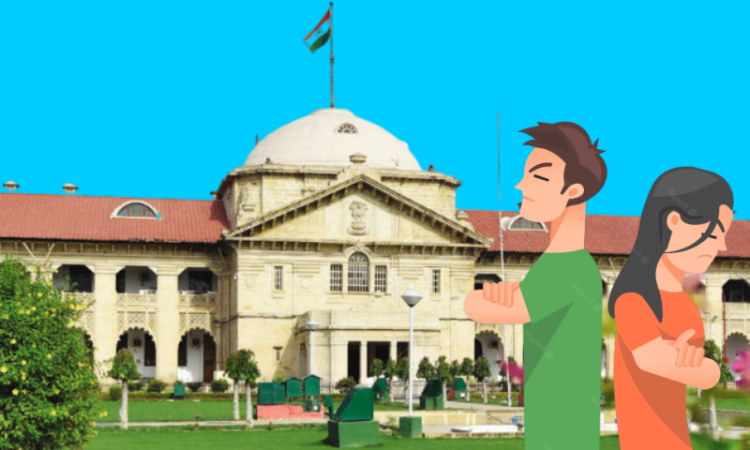Allahabad High Court Waives Cooling Off Period For Mutual Divorce; Says Courts Must Depart From Conservative Approach
Upasna Agrawal
23 Sept 2023 10:00 AM IST

Next Story
23 Sept 2023 10:00 AM IST
The Allahabad High Court has set aside the order of the Family Court directing parties to mediation, instead of waiving the cooling off period after almost eight years of living separately. The Court held that with changing times, the Court should be mindful of the realities and depart from obsolete and conservative approach in matrimonial disputes.The bench comprising of Justices Saumitra...
